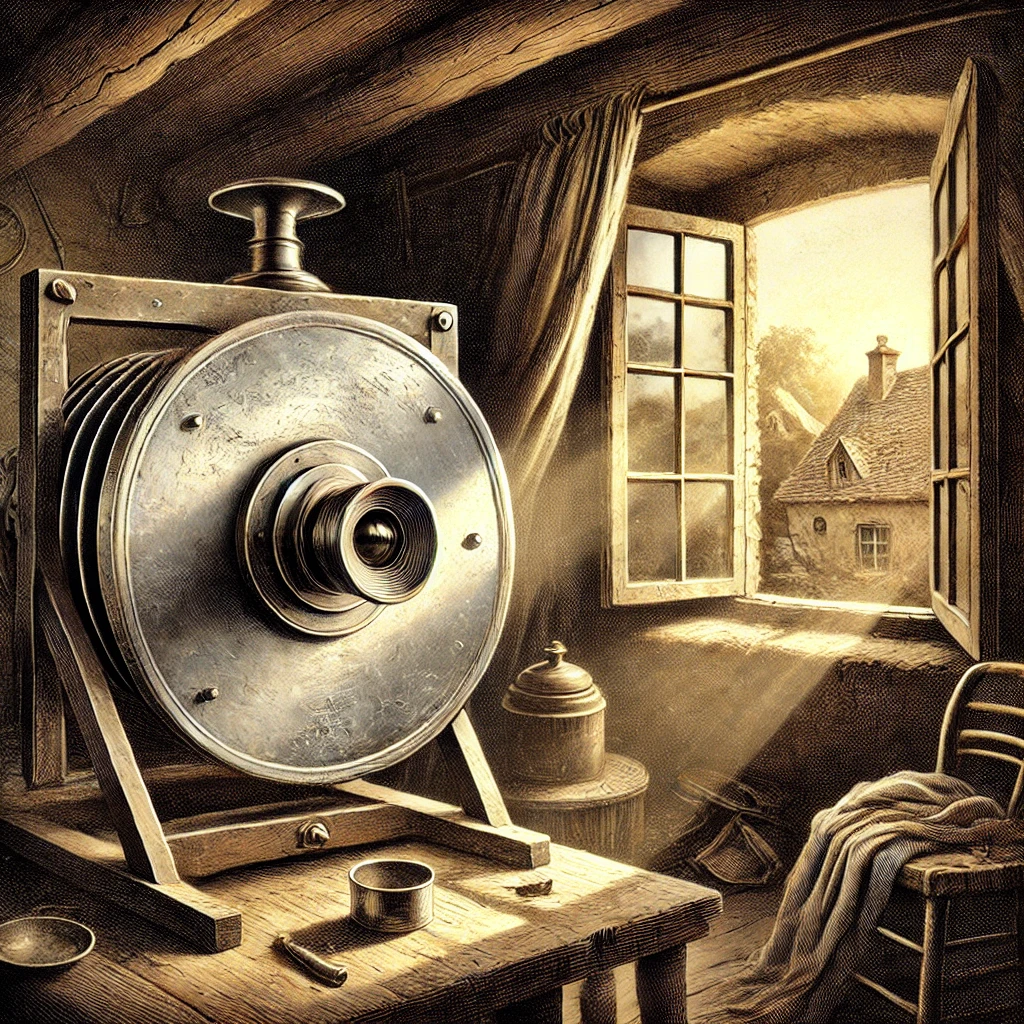When it comes to high-level photography or videography, having a professional camera can make all the difference. Professional cameras not only offer higher resolution but also provide a range of advanced features that allow you to capture images with impeccable quality. Whether you’re a professional photographer, an experienced videographer, or someone looking to take your hobby to the next level, this article will help you find the best professional camera for your needs.
What is a Professional Camera and Why Should You Invest in One?
Professional cameras are advanced devices designed to offer full control over capturing images and videos. Unlike basic cameras, they come with larger sensors, specialized functions, and the ability to swap out lenses, making them adaptable to a wide variety of situations. Investing in a professional camera will give you the ability to work in low-light conditions, capture high-resolution images, and enjoy a broader dynamic range.
Factors to Consider Before Choosing a Professional Camera
- Sensor: The size and type of the sensor affect image quality. Larger sensors, like full-frame ones, typically perform better in low-light situations and offer more detail.
- Resolution: While more megapixels don’t always mean better photos, they can be essential if you plan to print large images or crop heavily.
- Video performance: If you’re also interested in video, make sure the camera has features like 4K or 8K recording, image stabilization, and reliable real-time autofocus.
- Durability and ergonomics: The comfort and durability of the camera are crucial for long shooting sessions. Look for cameras with weather-sealed bodies to resist dust and moisture.
- Lens compatibility: Ensure the camera is compatible with a wide range of lenses to offer creative flexibility.
The Best Professional Cameras of 2024
Below is a list of the best professional cameras of 2024, evaluated based on image quality, advanced features, and overall value.
1. Canon EOS R5
- Resolution: 45 MP
- Video: 8K at 30fps
- Sensor type: Full-frame
- ISO range: 100-51200 (expandable to 102400)
The Canon EOS R5 remains one of the top choices for professional photographers, thanks to its impressive 45-megapixel sensor and 8K video capabilities. Its Dual Pixel CMOS autofocus system is fast and accurate, making it an excellent option for action and sports photography.
Pros:
- Excellent image quality.
- 8K video capabilities.
- In-body image stabilization.
Cons:
- High price.
- Overheating issues during extended 8K video recording.
2. Sony A1
- Resolution: 50 MP
- Video: 8K at 30fps
- Sensor type: Full-frame
- ISO range: 100-32000 (expandable to 102400)
Sony has revolutionized the world of professional cameras with the A1. This model offers a unique combination of speed, resolution, and outstanding video capabilities, making it perfect for photographers and videographers who need the best of both worlds.
Pros:
- Fast and accurate autofocus.
- Continuous shooting at 30fps.
- Excellent 8K video performance.
Cons:
- User interface can be complex.
- High cost.
3. Nikon Z9
- Resolution: 45.7 MP
- Video: 8K at 30fps
- Sensor type: Full-frame
- ISO range: 64-25600 (expandable to 102400)
The Nikon Z9 stands out for its tracking autofocus and ability to shoot 8K video without time limits, making it an excellent choice for professional videographers. Additionally, its robust body is designed to withstand extreme conditions.
Pros:
- Excellent image and video quality.
- Enhanced tracking autofocus.
- Durable and rugged design.
Cons:
- Heavy weight.
- High price.
4. Fujifilm GFX 100S
- Resolution: 102 MP
- Video: 4K at 30fps
- Sensor type: Medium format
- ISO range: 100-12800 (expandable to 102400)
For those seeking the highest resolution in their images, the Fujifilm GFX 100S is a medium format option that offers stunning image quality with its 102-megapixel sensor. While it’s more focused on photography, it also provides 4K video capabilities.
Pros:
- Exceptional resolution.
- Great value for a medium format camera.
- Compact compared to other medium format cameras.
Cons:
- Not the best for video.
- Slightly slower autofocus.
5. Panasonic Lumix GH6
- Resolution: 25.2 MP
- Video: 5.7K at 60fps
- Sensor type: Micro Four Thirds
- ISO range: 100-25600
The Panasonic Lumix GH6 is a camera primarily geared toward videographers looking for a more compact option without sacrificing quality. It offers excellent 5.7K recording capability and notable image stabilization, making it ideal for motion shooting.
Pros:
- Lightweight and compact.
- Excellent video recording capabilities.
- Good autofocus.
Cons:
- Not as advanced for photography compared to others in its category.
6. Leica SL2
- Resolution: 47.3 MP
- Video: 5K at 30fps
- Sensor type: Full-frame
- ISO range: 50-50000
The Leica SL2 is a camera that combines quality and style, with a robust and elegant design. Although expensive, the image quality it produces is outstanding, especially for photography.
Pros:
- Robust and premium design.
- Excellent image quality.
- Great color and detail handling.
Cons:
- High cost.
- Limited lens options compared to other brands.
7. Olympus OM-D E-M1X
- Resolution: 20.4 MP
- Video: 4K at 30fps
- Sensor type: Micro Four Thirds
- ISO range: 200-25600
While the Olympus OM-D E-M1X has a smaller sensor than other cameras on this list, its performance in action and wildlife photography is impressive. Its superior image stabilization and compact design make it ideal for outdoor photographers.
Pros:
- Industry-leading image stabilization.
- Durable and weather-resistant.
- Excellent performance in action photography.
Cons:
- Lower resolution compared to other cameras.
- Reduced low-light performance.
Conclusion
When choosing the best professional camera, it’s essential to consider your specific needs. If high-resolution photography is your focus, the Fujifilm GFX 100S will be the ideal choice. On the other hand, if you need a balance between photo and video, the Sony A1 or Canon EOS R5 offer the best of both worlds. Finally, don’t forget to consider your budget and the features you value most, such as portability, durability, or lens versatility.
Now that you know the best options available, it’s time to choose the perfect professional camera for you and take your work to the next level!

